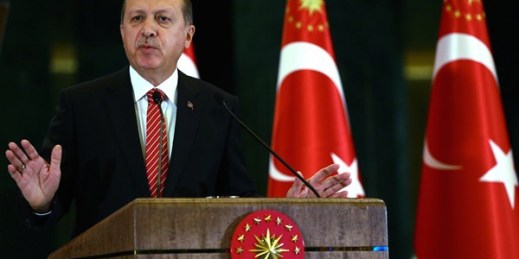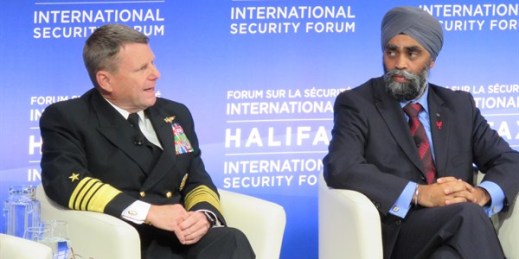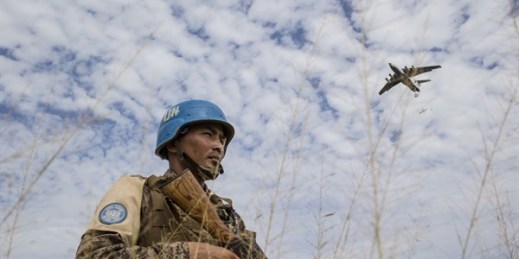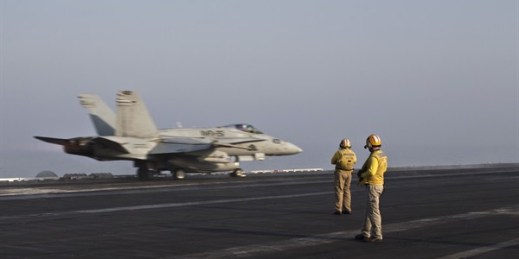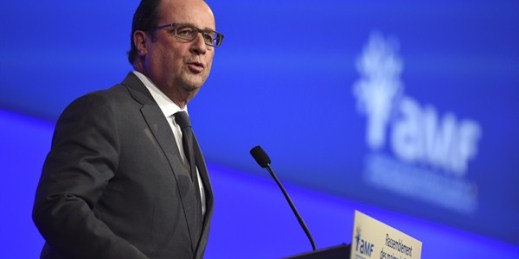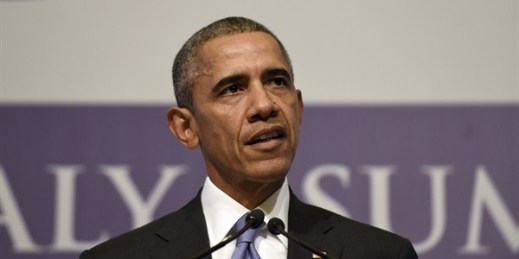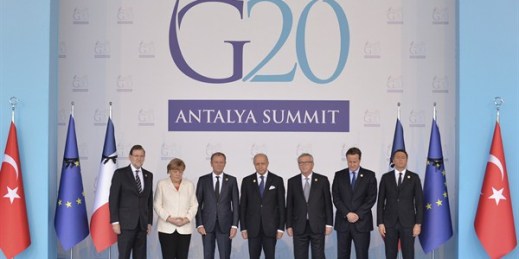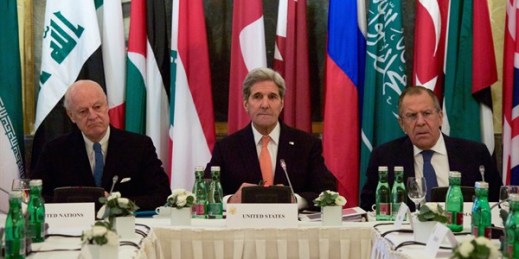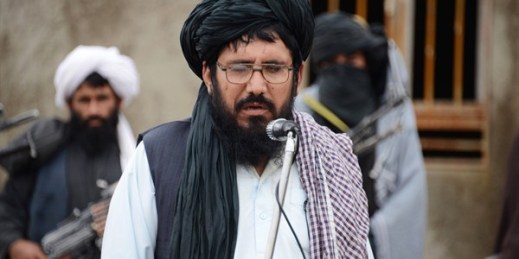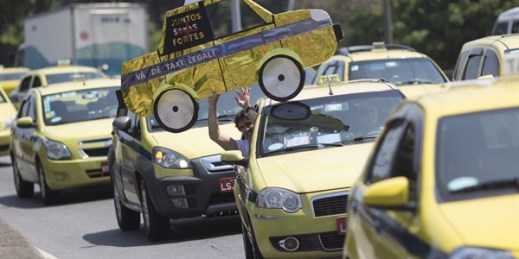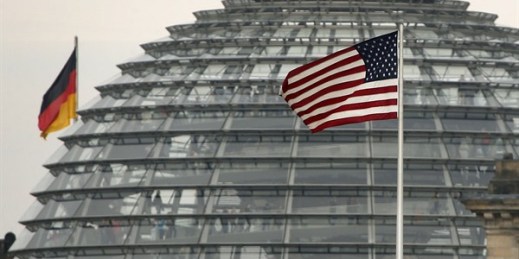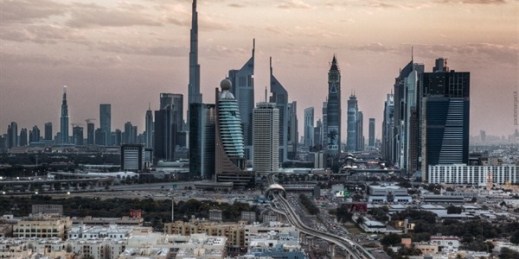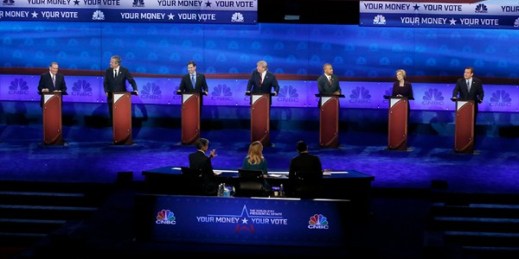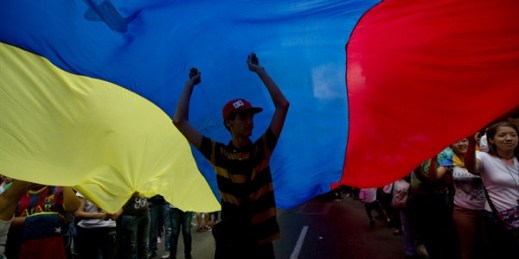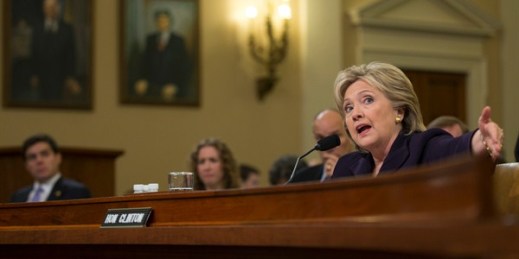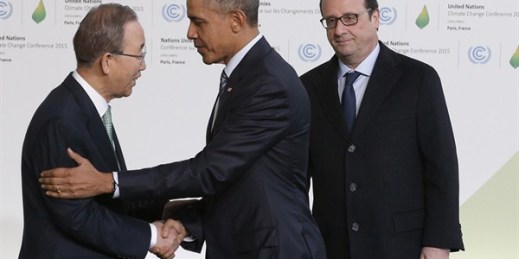
In the wake of this month’s terrorist attacks in Paris, French President Francois Hollande has cast himself as a fierce war leader, promising to take revenge on the self-declared Islamic State for the atrocities. Yet while he has ratcheted up airstrikes in Syria, he also needs to strike some major diplomatic bargains to shore up France’s global position. Last week, the French president was in both Washington and Moscow trying to secure a global deal on the Syrian war. Now he is back in Paris to kick off final talks on a potentially even trickier international agreement over climate change. […]

